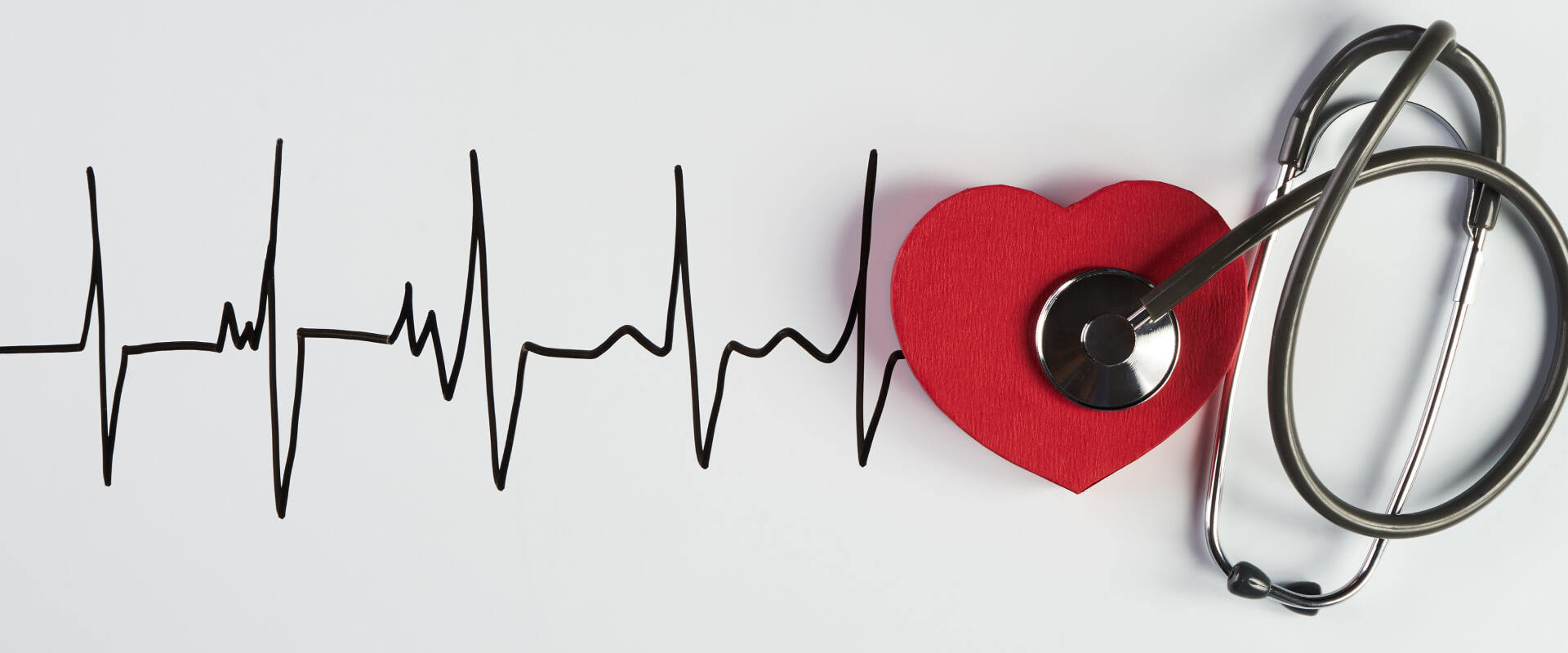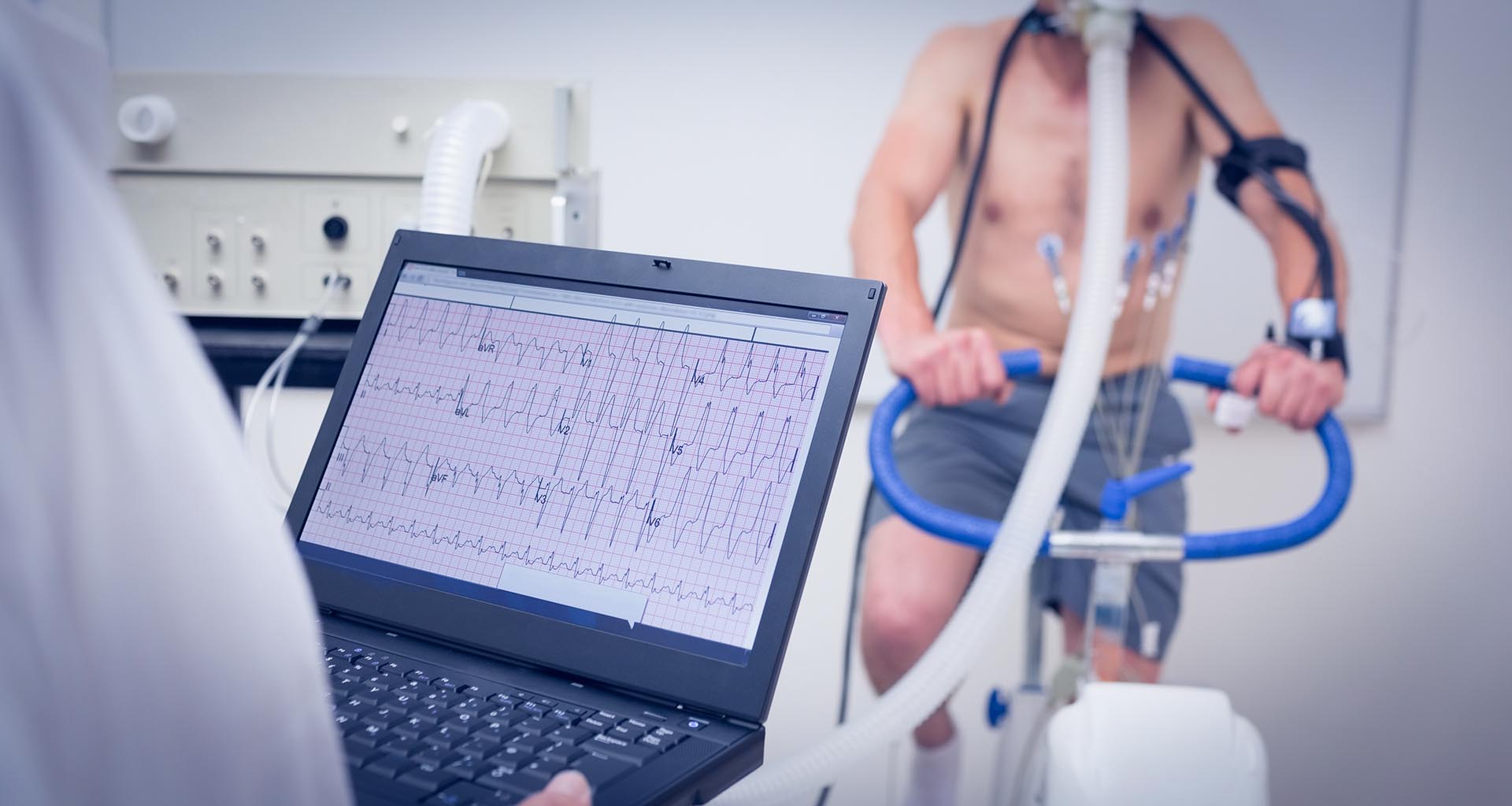
Cardiac Disease Management

A healthy heart is central to a healthy life. Dr. Bouknight and the team at Carolina Cardiology & Vascular Associates offer a variety of care options to maintain, improve and monitor your heart health. From ultrasound to advanced nuclear imaging tests, we employ the industry’s most effective technology to improve outcomes for our patients. We diagnose and treat cardiovascular conditions like those below, while delivering compassionate patient care to the communities in the Midlands of South Carolina.

Atrial Fibrillation
Atrial fibrillation (also called AFib or AF) is an irregular heartbeat that can lead to blood clots, stroke, heart failure and other complications. During atrial fibrillation, the heart’s upper chambers (the atria) quiver chaotically, reducing the heart’s ability to move blood effectively. Symptoms of AFib can include fatigue, shortness of breath, lightheadedness and feeling like your heart is skipping beats. Some people experience no symptoms at all, but even without symptoms, atrial fibrillation significantly increases your risk of blood clots and stroke.
Atrial fibrillation is diagnosed during a physical exam where an electrocardiogram (EKG) is performed. Some patients may have to wear a heart monitor overnight. The goals of treatment are to restore a normal heart rhythm, prevent blood clots and reduce the risk of stroke.
Other Heart Rhythm Problems
Many factors can affect the rate or rhythm of your heartbeat. An arrhythmia is a problem that occurs when your heart beats abnormally — either too quickly, too slowly or with an irregular pattern. Atrial fibrillation is one of the most common types of arrhythmia. Others include tachycardia (when the heart beats faster than normal) and bradycardia (when the heart beats slower than normal). Some arrhythmias are harmless, but others cause bothersome and even life-threatening symptoms. You may notice dizziness, shortness of breath, chest pain, sweating, fainting or a fluttering sensation in your chest. Certain arrhythmias may increase your risk of stroke or heart failure.
To prevent arrhythmia, adopt a heart-healthy lifestyle and visit your cardiologist for regular examinations. Treatments to restore a normal heart rhythm include medicines, implantable devices and surgical procedures.

Hypertension
Hypertension (high blood pressure) is a very common condition in which the force of blood against the walls of the arteries is so strong that it can damage the blood vessels and cause health problems, including heart attack, aneurysm and stroke. High blood pressure often has no symptoms. Fortunately, it is easily detected if you receive regular blood pressure checks from your healthcare provider.
There are a number of lifestyle changes you can make to prevent hypertension or to control it if your blood pressure is already high. These include a heart healthy diet, regular exercise and control of stress. Your treatment plan may only include lifestyle changes. However, if these changes are not enough to control or lower your blood pressure, your cardiologist can prescribe medications to help.

Heart Disease
Heart disease describes a broad category of conditions that affect the heart. These conditions often involve narrowed or blocked blood vessels that can lead to chest pain, heart attack and stroke. Other conditions that affect the muscle, valves or rhythm of the heart are also considered forms of heart disease. Symptoms of heart disease vary widely and can be different for men and women. Risk factors for developing heart disease include family history, smoking, age, gender, poor diet, physical inactivity, stress and certain medical conditions.
Heart disease is easier to treat when it is detected early. If you’re concerned about developing heart disease, have symptoms and/or have a family history of heart disease, speak with a cardiologist about your concerns and the steps you can take to reduce your risk. Changing your lifestyle can have a substantial impact on preventing or improving heart disease.
Congenital Heart Disease
Congenital heart conditions are structural defects that are present from birth. These abnormalities can involve the walls of the heart, the valves of the heart or the blood vessels near the heart. Congenital heart disease alters the way blood flows, sometimes resulting in no symptoms or mild symptoms, and sometimes resulting in critical conditions that cause life-threatening complications. Some types of congenital heart conditions can be diagnosed during pregnancy. Others are not detected until after birth or later in life, during childhood or adulthood.
Many people with congenital heart disease do not need treatment. For those who do, treatment can include medicines, cardiac catheterization, surgery and heart transplants. The treatment depends on the type and severity of the defect, as well as the patient’s age and general health.
Heart Valve Disease
Your heart contains four valves that open and close each time your heart beats to ensure blood flows in the correct direction. If these valves do not function properly, blood flow to the rest of your body can be disrupted and health concerns — such as regurgitation, stenosis and atresia — can arise. Heart valve disease can be a congenital condition or it can occur later in life due to infections and other heart conditions. Symptoms of a potential heart valve condition include fatigue, shortness of breath, heart murmurs, swelling of your ankles and feet, irregular heartbeat, dizziness and fainting. Heart valve disease can eventually lead to complications like blood clots, arrhythmias, stroke and heart failure.
Diagnosis by a cardiologist is essential to determine the cause of your symptoms. Your treatment plan will depend on which valve is affected and the type and severity of the valve disease. You may eventually require surgery to repair or replace the damaged heart valve.
Peripheral Artery Disease
Peripheral artery disease (PAD) refers to conditions of the cardiovascular system outside of the brain and heart that cause arteries to narrow or become blocked. This, in turn, limits blood flow and oxygen supply to your limbs and organs. Blood vessels in the legs are most often affected. Symptoms can include pain and fatigue, coldness in the lower leg or foot, and/or sores on the lower extremities that won’t heal. If the condition becomes severe, it can make it difficult to sleep, walk or do other physical activities, and can eventually lead to loss of a limb, stroke or heart attack.
It’s important to find affected blood vessels before damage occurs. The best way to prevent PAD is to maintain a healthy lifestyle. Exercise regularly, eat a diet that is low in saturated fat, maintain a healthy weight, do not smoke and lower your cholesterol and blood pressure levels if necessary. If lifestyle changes alone are not enough, you may need medication or surgery to address a significant blood vessel blockage.

Venous Insufficiency
Venous insufficiency is a condition where the flow of blood through the veins of the legs is impeded causing blood to pool in the legs. Symptoms include swelling of the legs, tired achy legs, leg cramps, even restless legs. Venous insufficiency can be a causative factor in spider veins, varicose veins, and venous ulcerations.
Diagnosis by a cardiologist is important to determine if venous insufficiency is the cause of your symptoms. We utilize ultrasound technology along with specialized vein procedures to treat venous insufficiency. With treatment, patients are able to live their best lives and be free of the discomfort and aggravation of venous disease.

Congestive Heart Failure
Heart failure does not mean that your heart has stopped working or is about to stop working. It means that your heart is unable to keep up with your body’s demands. Blood returns to the heart faster than it can be pumped out, causing it to become backed up or congested. Congestive heart failure can affect one or both sides of the heart. Symptoms can include fatigue, shortness of breath, edema in the lower extremities and fluid build-up in the lungs. Heart failure is typically caused by an underlying medical condition such as heart valve disease, arrhythmia, coronary artery disease or high blood pressure.
The best way to prevent congestive heart failure is to avoid the conditions that contribute to it. If you are diagnosed with congestive heart failure, treatment focuses on relieving symptoms and slowing further damage. Early diagnosis is the key to helping patients live longer and more active lives.

Pacemaker Management
A pacemaker is one of several implantable cardiac devices that help control irregular heartbeats for patients with heart rhythm disorders. When implanted under the skin of the chest, a pacemaker emits electrical pulses that keep the heart beating at a normal pace. The device can be implanted temporarily to manage a patient’s heartbeat after a specific event, such as surgery or a heart attack, or it can be implanted permanently to correct arrhythmia.
Life largely goes back to normal after receiving a pacemaker. You can continue to be physically active, travel and bathe as you normally would, and you may hardly think about your pacemaker as you go about your daily routine. However, your pacemaker should be checked routinely by a cardiologist to determine if it needs reprogramming or replacing.
Your Heart Is in Good Hands With Carolina Cardiology & Vascular Associates
Dr. Bouknight and the experienced staff of Carolina Cardiology & Vascular Associates are committed to improving the health and quality of life of every patient who walks through our doors. A proactive approach offers the best outlook for the millions of men and women who are managing or at risk of developing cardiovascular conditions. Contact us today at 803-888-2282 to learn about the latest advances in preventing and treating these and many other conditions. We want to partner with you, so you can lead your healthiest life.
Schedule Consultation
Schedule Consultation
Call us at (803) 888-2282 or fill out the form below to schedule a consultation with us!
[gravityforms id="1" title="false" description="false" ajax="true"]
